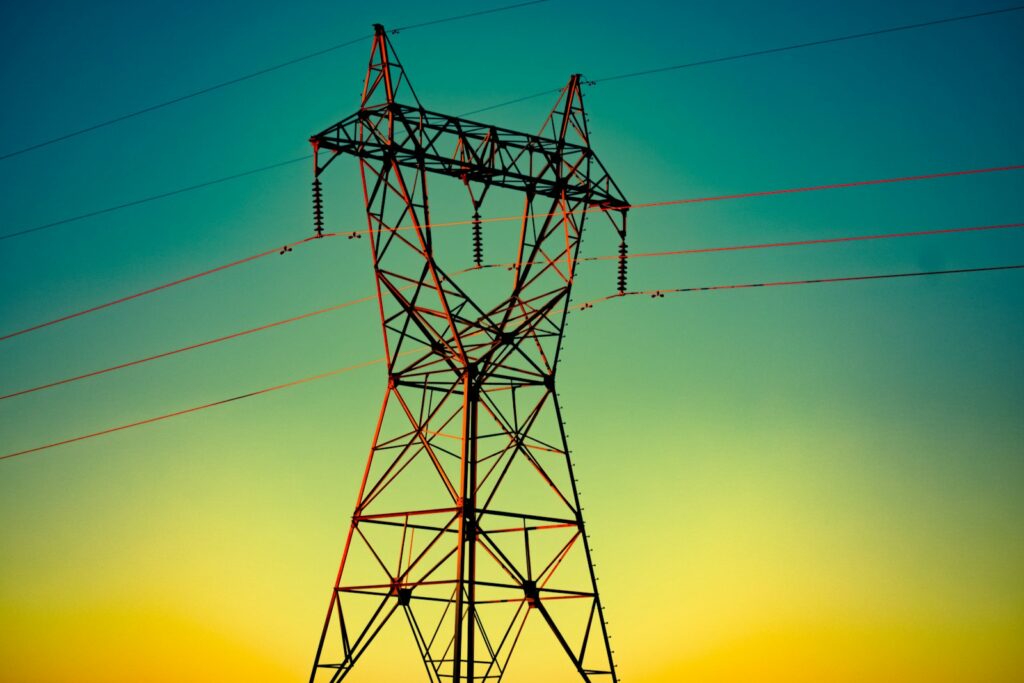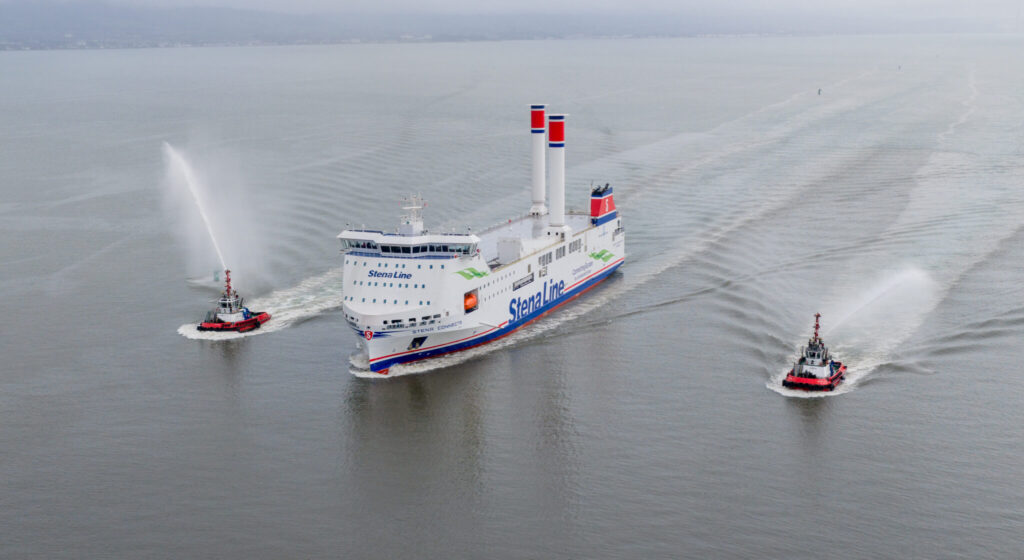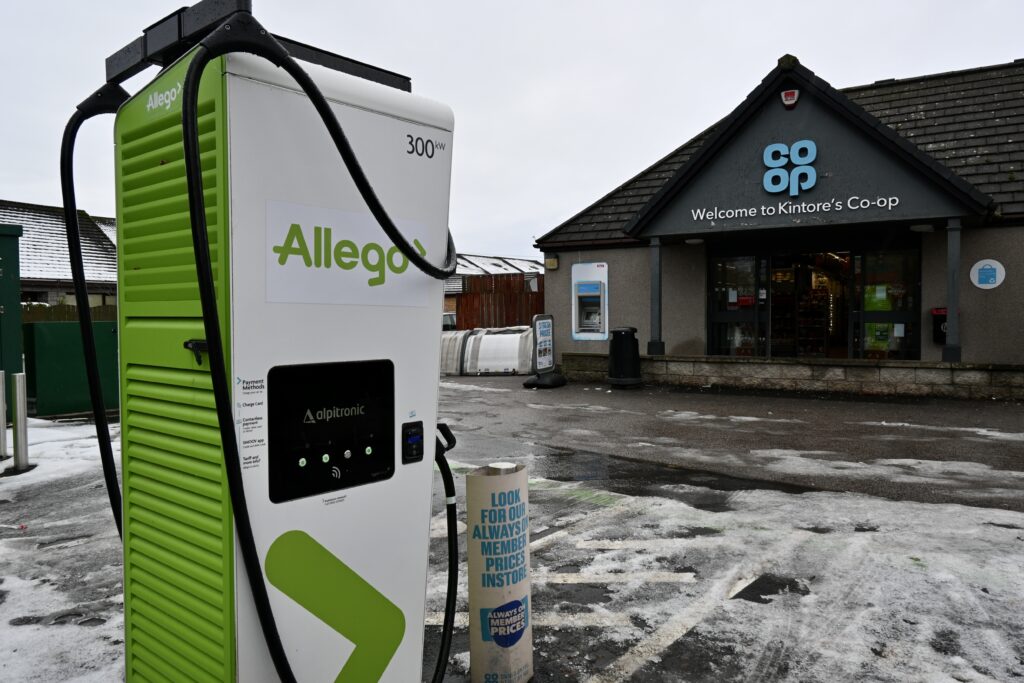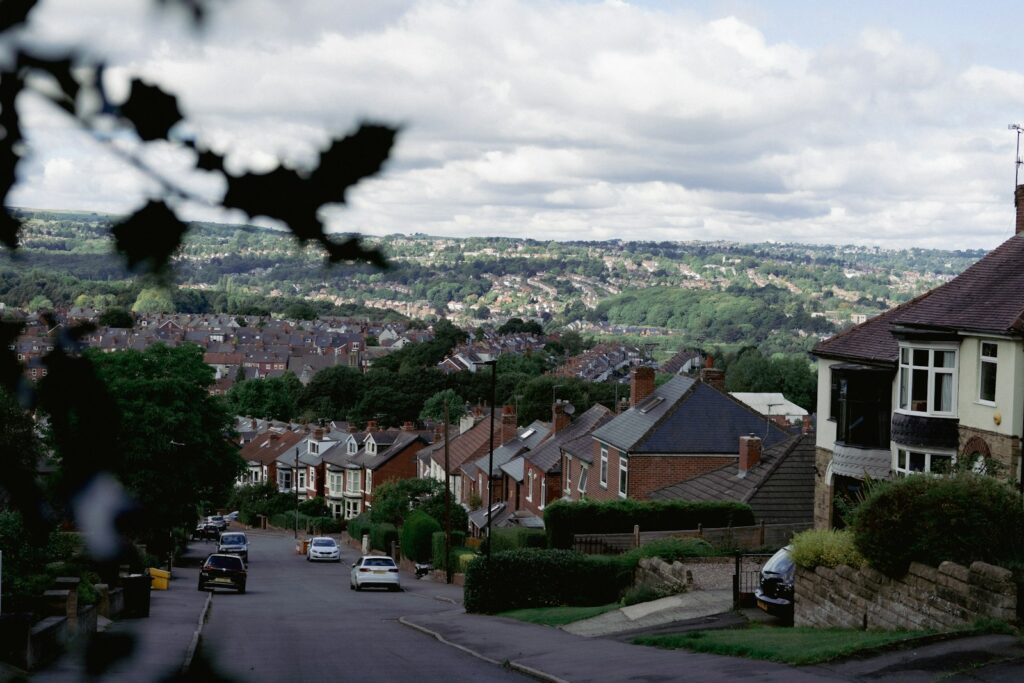Individuals are most motivated by speed when it comes to travel, but increasingly decisions are being made on the environmental impact of their travel choice, according to data from a survey conducted by travel booking platform Omio.
Of the 7,000 people from Italy, Spain, Sweden and the UK who were involved in the survey, more than half (58%) recognised that train has the least impact on the environment, but 34% admitted that they still do not consider the environment when making travel decisions.
Money and time remain the key motivators for people when they are choosing their transport options.
At least a third of people said they would be happy to take a bus or a train if it was cheaper, and 52% said they would opt for train or bus if it was quicker.
In order to highlight the benefit of taking a train, Omio has revealed the most popular routes across Europe that are quicker by train than flight.
Taking the train from London to Brussels could reduce the door-to-door travel time by more than three hours compared to flying, and it reduces C02 emissions by 55%.
Similarly, the journey from Paris to London is around 3 hours quicker by train and also generates an energy saving of 55%.
Bertrand Etienne, regional director at Omio said: ‘The common perception that flying is always the fastest way to get from A to B doesn’t necessarily hold true once you consider the additional time required to get to the airport, queue at check-in or security and wait to board or retrieve baggage.
‘In fact, travelling by train or even coach can be just as quick or even quicker.
‘Add to that high-quality accommodation onboard long-distance trains and coaches across Europe, which are generally equipped with comfy seats, refreshments, WiFi, tables and plug sockets, the benefits to the environment and the bigger baggage allowance and it becomes a highly attractive alternative.’
Photo Credit – Pixabay
















